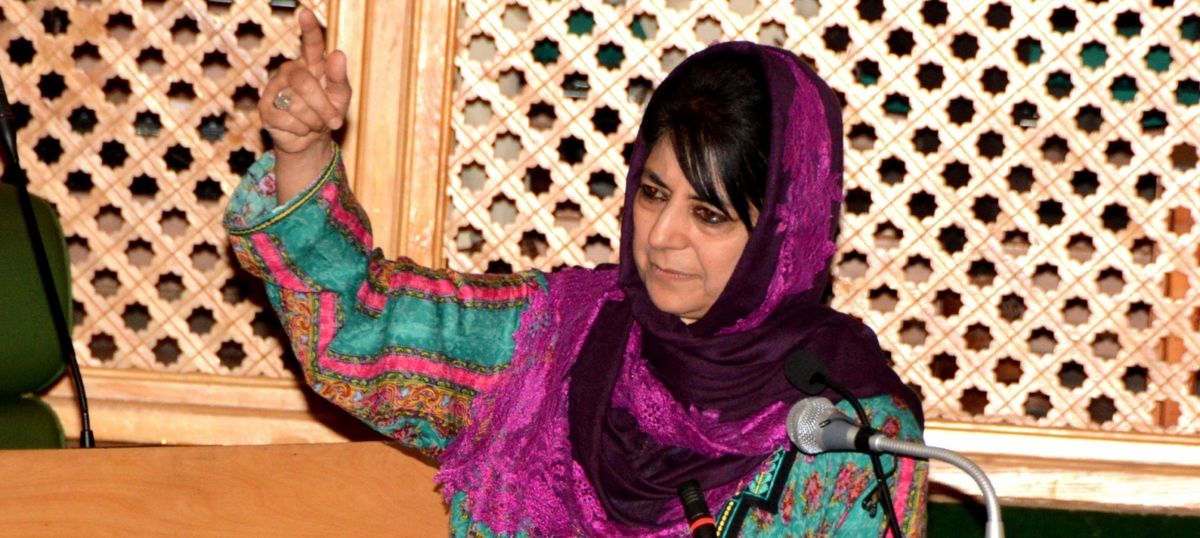In a sad commentary, the state is starving the media of government ads.

Image: IANS
Journalism in conflict zones is a dangerous vocation. Journalists and media houses are caught in a maelstrom of different and differing narratives and counter-narratives. In this charged environment, some voices succumb and some collude, while others resist and, despite the odds, portray a picture of reality that is unbiased and non-partisan. In the final analysis, this non-partisan and unbiased voice and articulation of issues is the essence of good journalism – especially in today’s cluttered mediascape, where some media houses have become obsessed with sensationalism and ratings in the jostle for eyeballs and mouse clicks.In conflict zones, who gets the narrative out first and the nature of the narrative matters. In this schemata, various stakeholders attempt to either obscure the “reality” or give their narrative precedence over other narratives. The key to good and prudent journalism then is to maintain objectivity, balance and equipoise and serve the public good and interest despite pressures. It is an eminently difficult endeavour, one which entails tensions with various stakeholders, especially the government.
In this part of the world, the media, especially the print media, is largely dependent on advertising revenue generated from government departments. Their economic survival and viability relies on this revenue. However, it is not a favour that the government does to media houses – the government is bound by law and statute to disseminate vital public information to wider audiences through established newspapers.
These government advertisements assume saliency in an environment like Kashmir where the private sector is rudimentary to the point of being defunct. However, herein lies a lever for the government to pressure media houses that fall out of favour with it. And this is what has been done to the Kashmir Observer. Attempts are being made to starve and strangulate the Kashmir Observer by denying it its ad share and force its readers to look for other newspapers for such vital information.
We at the Kashmir Observer can lay claim to attempts at good and prudent journalism over the entire course and history of the institution. We have not fallen victim to blandishments, coaxing, cajoling or threats. Our motto has been the public good and enlightening the public. And it is to these themes that the Kashmir Observer has been and will remain wedded. If the aim of the powers that be is to make the Kashmir Observer toe the line and succumb to pressures and financial sanctions, then people should rest assured that this will not happen. The very reason for Kashmir Observer’s existence is to throw light on issues that matter to the public, to enlighten and to generate debates and dialogue. The Kashmir Observer will not shift or betray this line out of coercion. And if indeed Kashmir Observer is starved and strangulated to the extent of being forced to close down, then this is a sad and pernicious commentary on the nature of the government and its (misplaced) priorities.
Media – free and fair in the final analysis – is the essence of democracy and free expression. It is the bedrock of democracy. If the media is coerced to toe the line, then this compromises democracy and the liberal idea that undergirds democracy or should underpin it. We at the Kashmir Observer will continue to do what is “right” and exercise our freedom of expression. And if starved and strangulated, the denouement will not be a commentary on us but on the government in particular and democracy and freedom in general.
Sajjad Haider is the Editor-in-Chief of Kashmir Observer.
This article was first published on Scroll.in